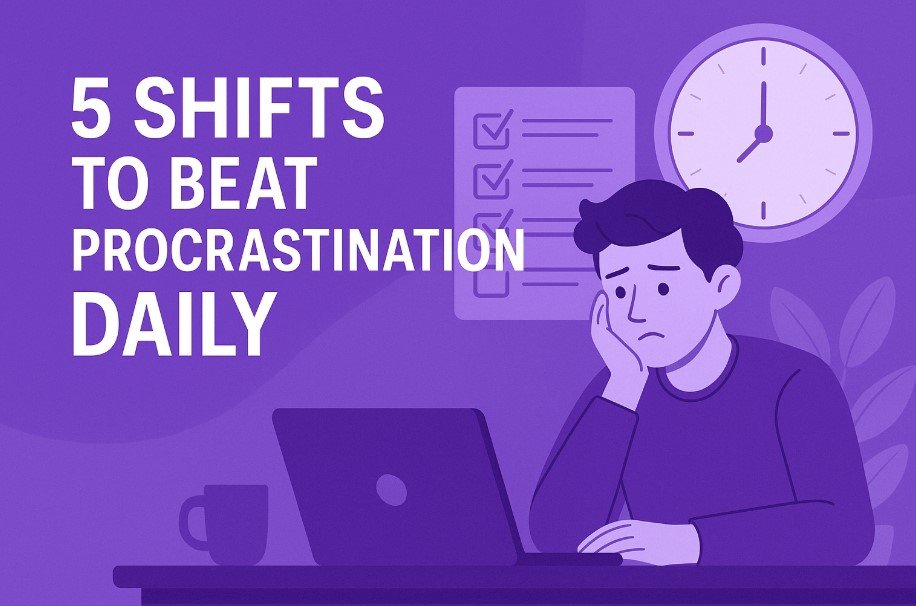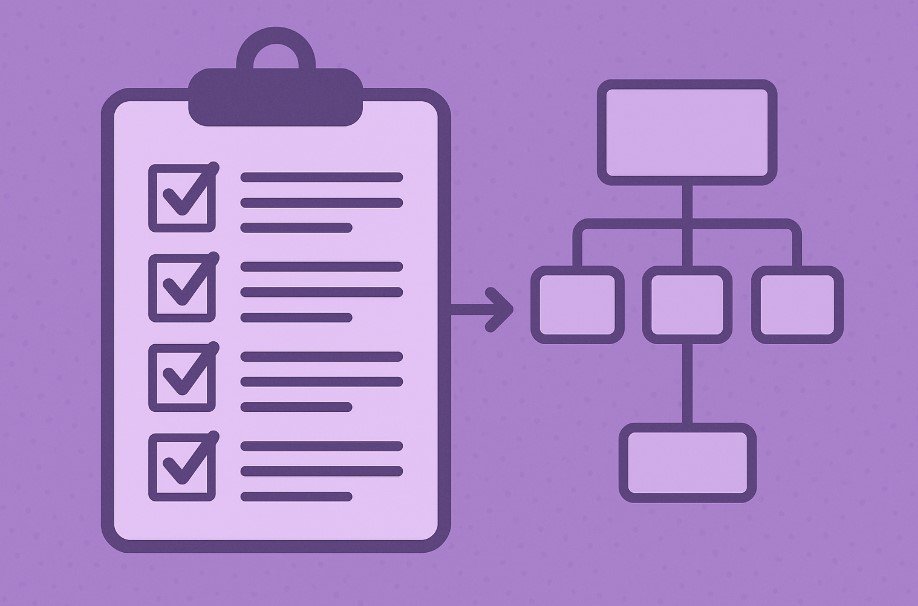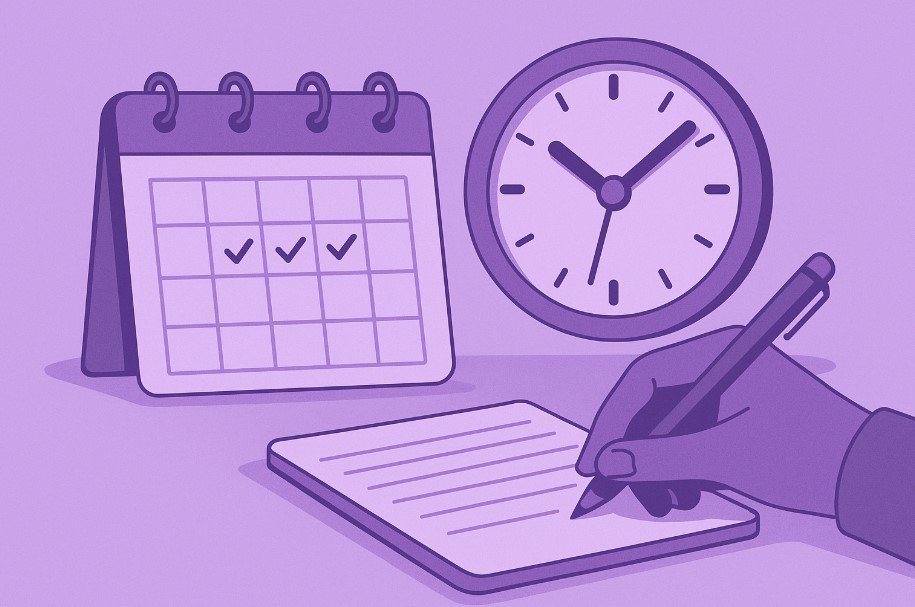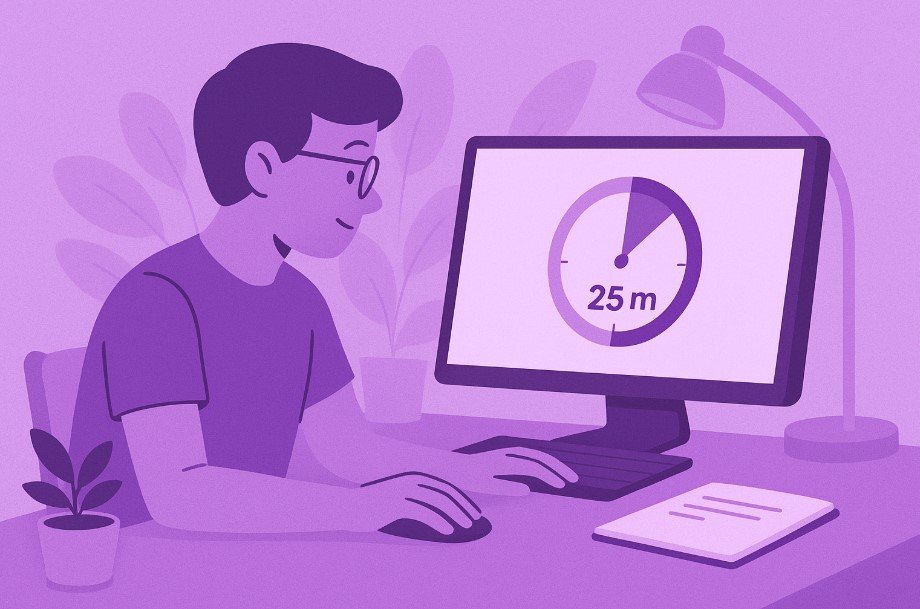5 Shifts
5 Shifts to Beat Procrastination Daily

Procrastination is a common problem for many people. You know you have tasks to do, but you delay them, feel stressed, and then rush to complete them later. This cycle repeats and can make you feel frustrated and unproductive. Beating procrastination is not about forcing yourself to work harder. It is about making small, daily shifts in how you approach your tasks. These simple changes can help you stay focused, feel more in control, and get things done on time without stress.
Shift 1: Break Tasks Into Smaller Steps

One of the biggest reasons people procrastinate is that tasks feel too big or overwhelming. When you look at a large project, it can seem impossible to start. Breaking tasks into smaller, manageable steps makes them feel easier and more achievable. Start by listing all the smaller actions needed to complete a task. For example, instead of writing “finish report,” break it into steps like “create outline,” “write introduction,” “write main sections,” and “edit final draft.” Each small step feels less intimidating and gives you a clear starting point. Completing one small part gives you momentum to continue.
Shift 2: Set Specific Start Times

Waiting for motivation to start a task often leads to more delays. Instead of telling yourself you will work “later” or “sometime today,” choose a specific start time for each task. This creates a clear plan and reduces the mental effort of deciding when to begin. Use your calendar or a simple to-do list to assign start times. For example, write “start presentation at 10:00 AM” instead of just “work on presentation.” Setting a time creates a commitment and helps you mentally prepare to start at that moment. Over time, this habit makes starting tasks feel automatic.
Shift 3: Use Short, Focused Work Sessions

Working for long periods without breaks can feel exhausting and lead to more procrastination. Instead, use short, focused work sessions followed by short breaks. This method helps you stay concentrated while making work feel more manageable. One popular approach is the Pomodoro Technique. Work for 25 minutes, then take a 5-minute break. After four sessions, take a longer break of 15-30 minutes. These short sessions make it easier to start because you know you only need to focus for a limited time. Breaks help refresh your mind and prevent burnout.
Shift 4: Remove Distractions Before Starting

Distractions are a major cause of procrastination. Notifications, social media, emails, and even background noise can pull your attention away from work. Before starting a task, take a few minutes to remove as many distractions as possible. Silence your phone or put it in another room. Close unnecessary browser tabs and apps. Set your workspace up with only the materials you need for the task. Consider using website blockers or focus apps if you struggle to stay off distracting sites. A distraction-free environment helps you stay focused and makes it easier to complete tasks quickly.
Shift 5: Reward Yourself for Completing Tasks

Positive reinforcement can help build motivation and reduce procrastination. Giving yourself small rewards after completing tasks creates positive feelings around work and helps you stay motivated. The reward does not need to be big. It can be something simple like a short break, a walk, a snack, or a few minutes of your favorite activity. Knowing you have a reward waiting at the end of a task can make it easier to get started and stay focused. Over time, your brain associates completing tasks with positive experiences, making procrastination less appealing.
Additional Tips to Help You Beat Procrastination
Along with these five main shifts, here are a few extra tips that can help you build stronger habits and reduce procrastination:
Start with your most important or most difficult task first thing in the morning. This is often called “eating the frog,” meaning you handle the toughest task when your energy is highest.
- Use checklists to track completed tasks. Seeing your progress can motivate you to continue.
- Set deadlines for yourself, even if one is not required. Deadlines create a sense of urgency.
- Keep your work environment organized to reduce mental clutter.
- Limit multitasking. Focus on one task at a time for better results.
- Practice self-compassion. Everyone struggles with procrastination at times. Be kind to yourself and focus on making small improvements.
When to Seek Extra Support
If procrastination severely affects your work, relationships, or mental health, consider seeking help from a counselor, coach, or therapist. Chronic procrastination can sometimes be linked to anxiety, perfectionism, or attention difficulties. Professional support can help you identify the root causes and develop strategies tailored to your needs.
Final Thoughts
Beating procrastination does not require a complete personality change or extreme discipline. By making a few simple adjustments to your daily routine, you can cultivate better work habits and feel more in control. Start by breaking tasks into smaller steps, setting clear start times, using short work sessions, removing distractions, and rewarding yourself for progress. Over time, these small changes can help you reduce stress, improve productivity, and create a more enjoyable and smoother workday.
-

 Entertainment4 weeks ago
Entertainment4 weeks ago123Movies Alternatives: 13 Best Streaming Sites in 2026
-

 Entertainment1 month ago
Entertainment1 month ago13 Free FMovies Alternatives to Watch Movies Online in 2026
-

 Entertainment4 weeks ago
Entertainment4 weeks ago13 Flixtor Alternatives to Stream Free Movies [2026]
-

 Entertainment1 month ago
Entertainment1 month agoGoMovies is Down? Here are the 11 Best Alternatives




